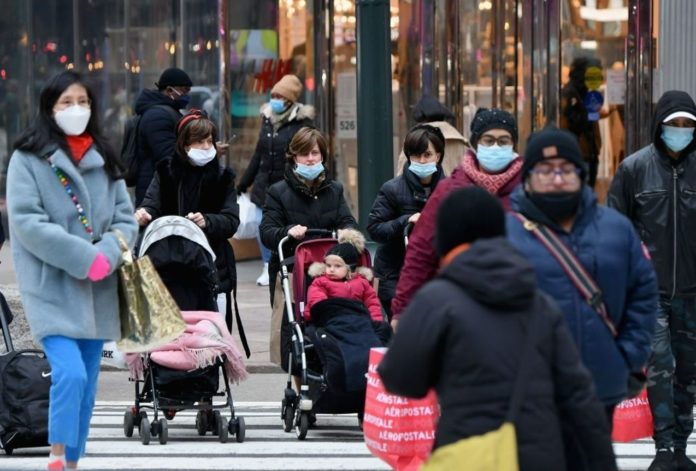Preliminary data from the NutriCovid trial reveal that SARS CoV2 infection has a significant influence on the nutritional, functional condition, and quality of life of critically sick patients needing ICU hospitalisation. After hospital release, the study patients had lost 16 percent of their body weight, and 83.2 percent met nutritional risk or malnutrition criteria.
According to the ‘Nutricovid’ study, which was promoted by the Nutrition Working Group of the Society of Endocrinology, Nutrition, and Diabetes of the Community of Madrid (SENDIMAD) with the support of Nutricia, 83.2 percent of COVID-19 patients who were discharged from the hospital lost 16 percent of their body weight, and 83.2 percent met nutritional risk or malnutrition criteria.
The Community of Madrid’s 16 public hospitals participated in the study. The analysis determined that SARS CoV2 infection had a significant influence on the nutritional, functional condition, and quality of life of critically sick patients in Intensive Care Units (ICU).
The study examined 199 patients admitted during the pandemic’s first wave (March 1-June 30, 2020) in an ambispective observational study that included a one-year follow-up after hospital discharge, with visits at three, six, and twelve months. The patient’s gender was 70.4 percent male, with a mean age of 60.7 years, a hospitalization time of 53 days, and a stay in the ICU of 23.5 days.
Thus, the research reveals that the patients arrived at the hospital weighing 89.1 kilos and left with an average of 74.1 kilos, indicating that they lost 14.9 kgs during their stay, a loss weight of 16.4 percent.
In this regard, Cristina de la Cuerda, deputy doctor of the Nutrition Unit at the General University Hospital Gregorio Maraón in Madrid, stated that 58 percent of the patients were fat when they arrived but only 22 percent remained obese when they left.
In terms of the risk of malnutrition and sarcopenia, the doctor stated that 83.2 percent of them were at risk of malnutrition at the third-month visit, whereas just 16 percent were at nutritional risk after six months.
Upon discharge, 87 percent had a risk of sarcopenia, but at three months, slightly less than half (34 percent) continued with this risk, and at six months, there were still 12.7 percent.
Similarly, the virus had an impact on these patients’ overall independence, as 81 percent of them demonstrated moderate-to-severe dependence for daily living activities after leaving the hospital. At three months, 37 percent were still dependent, and at six months, 18 percent were.
According to the study authors, this means that patients have serious difficulties autonomously maintaining their self-care (personal hygiene, dressing or undressing, eating), sometimes chewing and swallowing, and very often, they are affected in their movements, such as walking, climbing, and going down stairs.
Other complications reported in patients include: reduced mobility (72 perent), pain or discomfort (63.5 percent), difficulties carrying out daily tasks (77 percent), difficulties with self-care (52 percent), and sadness (52 percent) and anxiety (42.1 percent).
Image Credit: Getty
You were reading: COVID-19 patients are at higher risk of malnutrition (more than 82%) after hospital discharge
